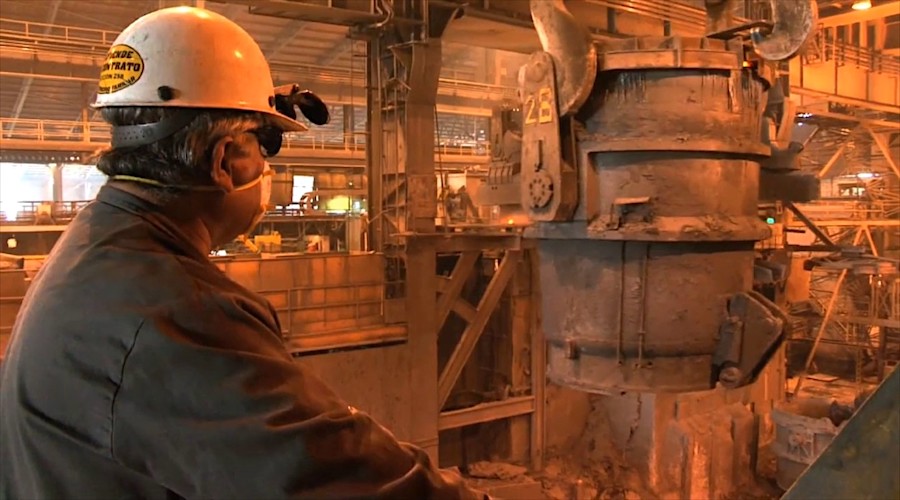
The partners will explore the viability of transforming iron ore pellets into low-carbon hot briquetted iron (HBI), a low-carbon steel feedstock, using green hydrogen generated from hydro-electricity in Canada.
Feasibility study into potential industrial scale low-carbon iron production in Canada is scheduled for completion in late 2021.
“Canada provides access to cost competitive hydro-electricity, and proximity to key markets in Europe and North America,” Rio Tinto said. “When processed in an electric arc furnace with carbon-free electricity, [the new process] has the potential to reduce significantly the carbon emissions associated with steelmaking.”
Iron Ore Company of Canada (IOC), majority-owned by Rio, will supply high-grade iron ore for the project, with a feasibility study for potential industrial scale low-carbon iron production scheduled to be completed in late 2021.
As a part of Rio’s climate strategy, the partnership will “support the development and deployment of low-carbon technologies for hard-to-abate processes like steelmaking,” IOC president and chief executive, Clayton Walker, said in the statement.
The announcement builds on the group’s decision, unveiled in December, to invest $10 million in low-carbon steelmaking projects over the next two years, as part of its partnership with China Baowu Steel Group, the nation’s largest steel producer.




